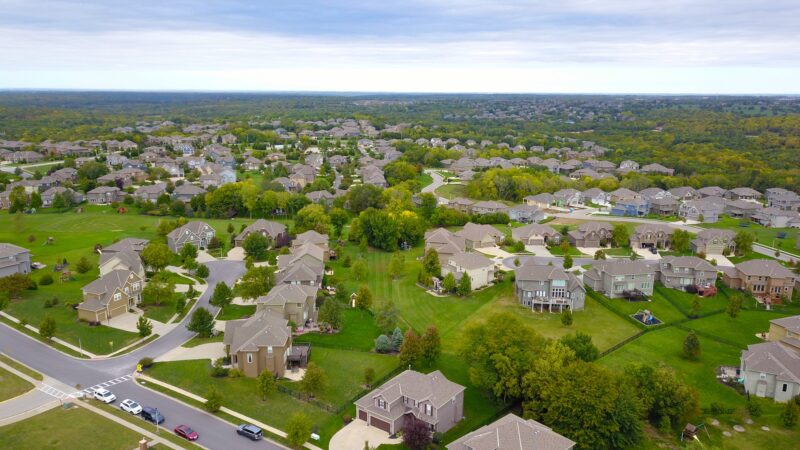It’s the turning point of every relationship. You know the moment. A couple has been dating for a few weeks and things have been going really well. They talk for hours on the phone and start spending every day together. Their friends tell them how good they look together and, as a couple, they are quickly coming to the point of no return. Either they commit to go deeper into the relationship, become more committed to each other, or, break up and move on.
Even when the other says, “I love you,” what have they said?
According to linguistic experts, English is a difficult language to learn. One reason is that we use the same word in different contexts that give the word an entirely different meaning. When I was growing up, if we called someone a “bad man”, he was a bad man. He had done bad things and, most likely, the police were looking for him. Now, if my friends and I are watching a sporting event and one of the players makes a great play, we’ll jump up and shout, “He’s a bad man!” We don’t mean he’s bad. We mean he’s really good, but you only know this by the context of the moment and the vocal inflections used when the word is spoken. If you missed any of that, you missed the whole point of the conversation.
Love is one of those words. When we say we love something or someone, what are we actually saying? We say we love pizza. We love our families. Is that the same thing? Obviously not, but what’s the difference? Does one mean “really like a lot?” If so, why don’t we say “like”? Because “like” isn’t strong enough and if we “really, really like” something, isn’t it easier just to say “love”?
That’s part of the problem, isn’t it? When we say we love someone, what have we said? If Jesus commands us to love each other, what is Jesus telling us to do? According to some, love is defined by an emotional reaction to the presence of another person. When the object of our affection comes into the room, our emotions swoon and we are washed away in a flood of dopamine. When the dopamine fades away, so does our love for the other. All of us have heard someone talk about how they “fell” in love or “fell” out of love — as if love was an accident they couldn’t avoid.
There has to be more to love than this. If not, why would Jesus command us to love? Why didn’t he tell us to hang around and see who we fall in love with?
The world has a very different understanding of love than Christ. For Jesus, love is a choice. We choose to love the other. Just as Christ chose to love us, we choose to love others. Feelings have nothing to do with Jesus’ teaching on love. Emotions are nice. They add color to our living, but they aren’t necessary. We, as followers of Christ, can’t say to Jesus “we didn’t love our neighbors because we didn’t feel like it.” Love is the commandment. Obedience is our response in our choice to love.
So, what are we choosing if we choose to be obedient to Christ and love our neighbors? We are choosing to seek God’s best for our neighbor. We desire for them to experience kingdom success in every area of their lives. We desire for them to be fully alive every moment of every day. That means we know their name, we know their story, we know their joys and fears and we’re committed to walking with them until they fulfill every part of Christ’s dream for them. If they fall, we help them get up. If they get lost, we go and find them. If they succeed, we celebrate.
What we don’t do is give up. Jesus doesn’t give up on us. We don’t give up on our neighbors. We love them the same way Jesus loves us. Our neighbors begin to understand the love of Christ for them because they understand the way Christians love them.
This brings me to an important point. For the past year, I’ve heard nothing but people talking about the culture wars and how the church is under attack in our society. I’ve heard too many sermons about how the church has to be ready to fight for our rights. According to these writers and preachers, we have to be ready to “fight fire with fire.” Really? I was the chaplain for our local fire department. When we responded to a house fire, the firefighters didn’t torch the neighboring houses. They poured water on the burning house. You don’t fight fire with fire. You fight fire with water.
We don’t win the culture war by becoming more like the world. We don’t overcome hate with more hate. We overcome hate with love.
Do our neighbors know we love them? Do our co-workers know they are safe with us? I’m afraid most of the world would assume their local evangelical church is a place of judgment, condemnation, bigotry, and hate.
It shouldn’t be this way. That’s not Jesus. It shouldn’t be us. They should know we’re Christ-followers by our love — for each other and for our messed-up world.
Every day, we make thousands of choices. I pray that today, for all of us, we’ll choose to love.









